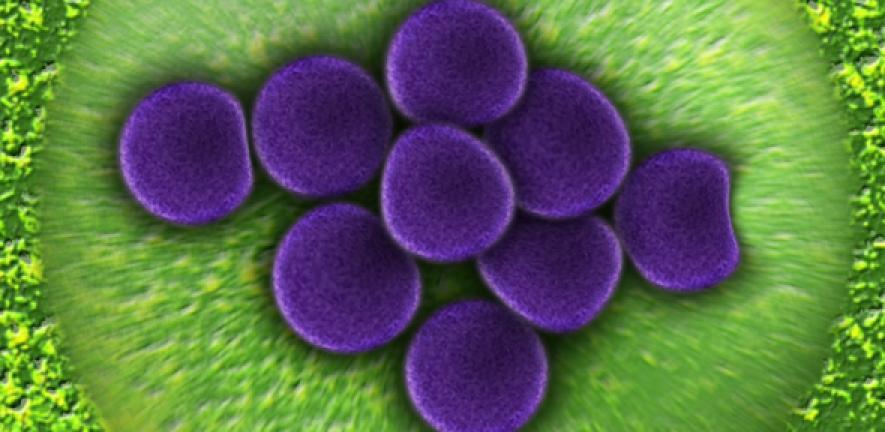
Background
The importance of microbial communities for health, industry and the natural environment cannot be overstated. Despite this, there is an enormous gap between the levels of our empirical knowledge of microbial communities' composition and experimental and theoretical understanding of their function, structure, and dynamics. This is why the development and advancement of combined mathematical and experimental approaches for the study of microbial communities has a huge potential for this field.
Aims and Objectives
In nature bacteria almost never is found in isolation but rather in heterogeneous communities. Such communities are believed to be kept together via structural and functional associations such as metabolic dependencies. The study of microbial communities is an emerging field, boosted by the emergence of 'Omics' technologies. Most 'Omics' studies are descriptive at the moment, focusing on identifying the species composition of communities. There are a plethora of other questions though. What makes a stable microbial community for example? What are the species abundance dynamics? Can one define a "function" for communities? If the function is metabolism-based, how can we understand/manipulate metabolic connections in a community? Can we de-complex natural communities? Can we create complex communities from bottom-up, starting from co-cultures? The answers to these and many other questions in microbial communities are unanswered at the moment, creating an highly fertile research ground. The answers emerging from this research can make significant impact in industrial biotechnology and biomedicine.
This Open for Business half day event was part of an Isaac Newton Institute research programme which brought together industrial stakeholders with leading expertise from a number of academic disciplines including biology, mathematics, statistics, physics and engineering. In doing so it sought to identify the key areas where future application and development of mathematical and experimental approaches to microbial communities would be most beneficial from industrial and medical standpoints.
The half day event therefore highlighted industrial, medical and academic approaches and interests in the area and investigated how the various communities can work together collaboratively in the future. It was of interest to individuals from a number of areas such as biology, medical/health, biotechnology, environment and energy. There were opportunities for networking and investigating of potential collaborations and the afternoon finished with a facilitated discussion session.
Venue and Accommodation
The workshop took place at the Isaac Newton Institute for Mathematical Sciences in Cambridge. Please see the Isaac Newton Institute A-Z for further information about the venue.

